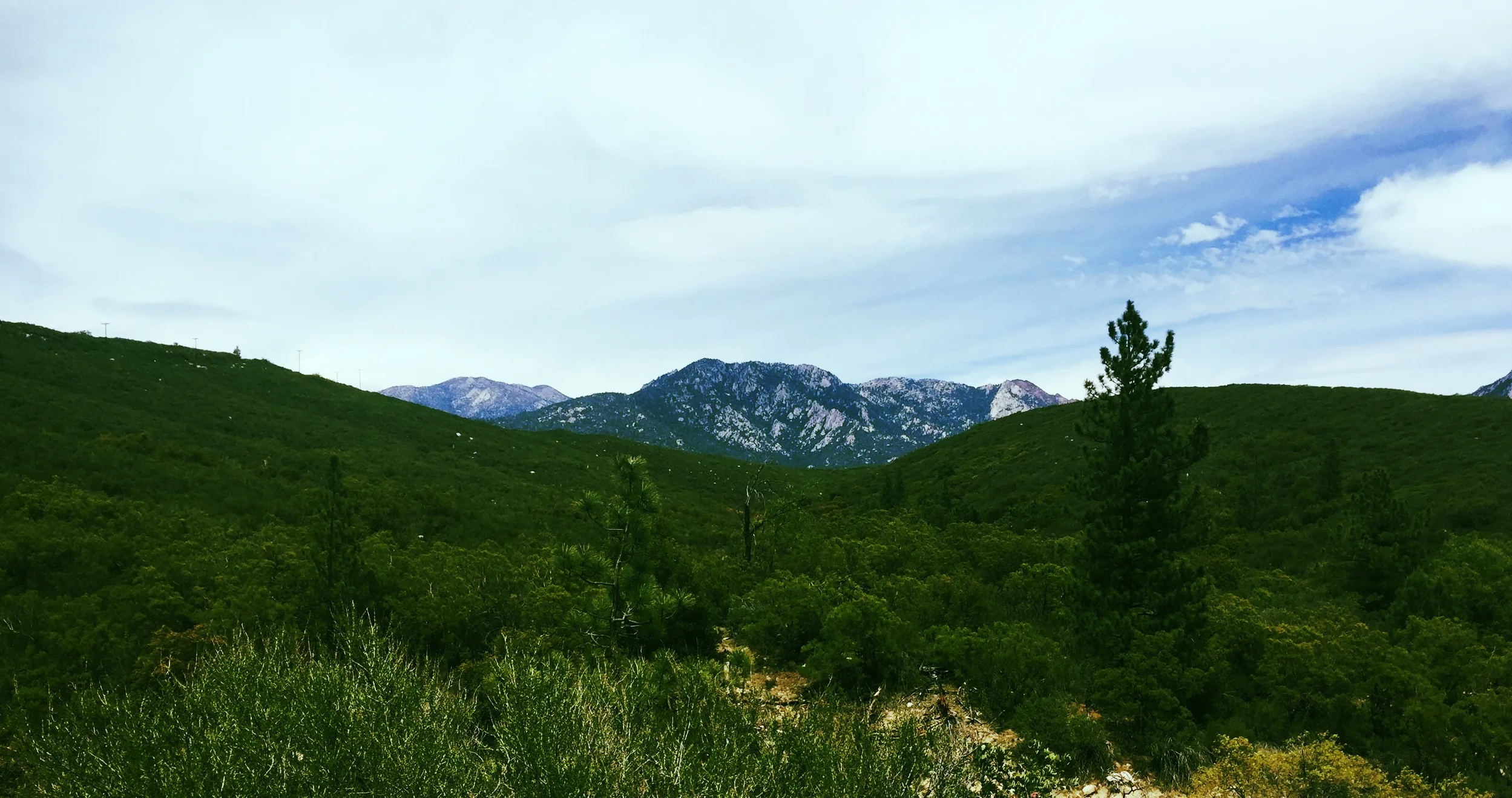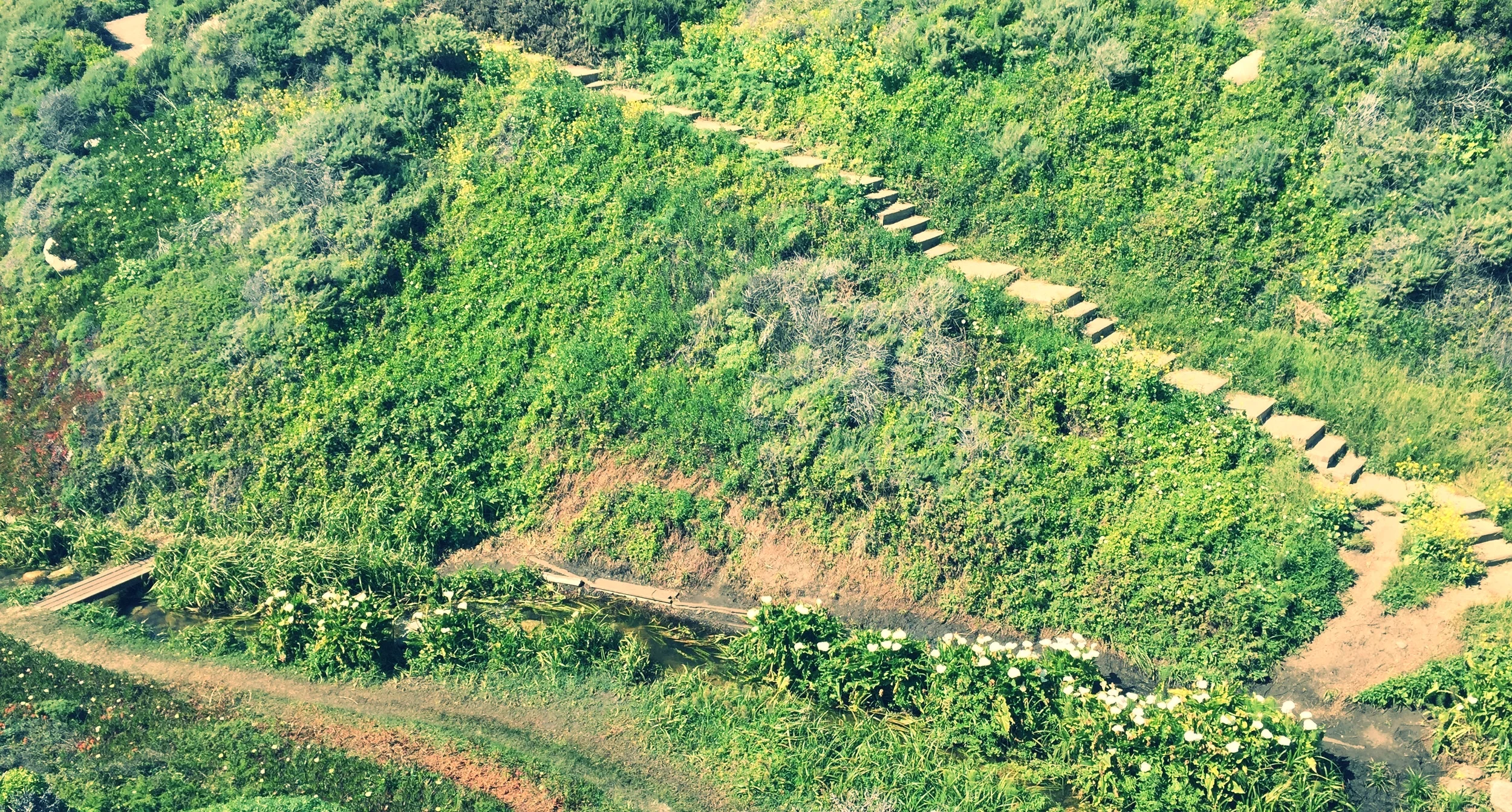The Day I Learned I Wasn’t Broken: On Finding Asexuality and Reclaiming my Narrative
“You just need to find the right guy.”
“I bet I could convince you you’d enjoy it.”
“What if we just tried it, just once? You might like it…”
“Ugh, what a waste. What is wrong with you?”
As soon as I crossed through puberty and into what society told me should be my sexual awakening, these types of questions got hurled at me for years. Everyone I knew was pairing off — new couples flirting in the hallways, holding hands as they walked one another home, boys buying flowers for their girlfriends, girls sporting necklaces and bracelets from their beaus. I really didn’t fit in.
I was fat, have always been fat, and that meant I was barely perceived as a sexual being, usually deemed too disgusting to even have the desire for sex. For the most part, I was content enough to let that misunderstanding slide. I didn’t have a great handle on what was going on with me internally, anyway; maybe it was because I perceived myself as disgusting and ugly that I didn’t seem to be attracted to anyone the way they seemed to be attracted to each other, the way I saw people behave on TV, movies, and in the books I read. I heard the taunts, absorbed them wholly, never questioned them. My worth was tied to whether or not I was hot, and since I was decidedly "not hot" by consensus of my peers, I was shuffled to the edges of all social circles. I spent a lot of time feeling alone and broken, wondering why the swell of hormones all my peers were experiencing weren’t driving me to chase after anyone. Maybe I just thought I wasn’t allowed — they were all out of my league anyway, so why bother chasing after them?
All identities exist at intersections — your race, religion, class background, sexuality, gender identity, body shape and size — all these things combine to constitute the whole of who you are. I spent over a decade living in a Venn diagram that was only half-filled out. I developed crushes I never felt I could act on. I only had half the facts. I knew I crushed on boys and other genders, but increasingly I found myself developing secret flutterings of the heart for girls and femme-presenting folks in my life. It wasn’t until after I graduated college that I realized I was probably bisexual (a label I prefer to pansexual, although for me they are functionally one and the same). So I knew I liked people. I just… didn’t like people like that. And in the story I told myself about who I was, this was a shameful secret that meant I was broken, forever to be banished to the land of social misfits, and doomed to walk through life lonely and alone.
“Are you seeing anyone…?”
The hesitation in my mother’s voice was thick as she asked for the thirtieth time since I went away to college. My answer was always in the negative. Was that disappointment I heard in her voice?
By the time I was in college, 3,000 miles away from my hometown and the rigid boundaries of the identity I’d built for myself, I was telling myself a new narrative. I was broken — that was still true. I felt sexual desire — at night I would lock the door to my single dorm room and allow myself to drift off into pleasure of my own imagining — but I never wanted to do anything like that with anyone else. In my head, that meant I was off the market, not ready or suited for dating.
My crushes had morphed — when they did hit, they hit me like a ton of bricks, and I crushed hard. I still crushed on folks of a variety of genders, but for whatever reason I still didn’t connect the dots, and I still told myself I was straight as an arrow, but hopefully a good ally. When I crushed on a girl, someone of my own gender, it was almost all-consuming; I didn’t just want to be noticed by her, I wanted to become her. I wanted to live in her world and see it through her eyes. I told myself I wished I was normal, even as the thought of sex with a partner grew increasingly repulsive and frightening to me.
On a tiny college campus full of horny young adults, I was surrounded by sex. It was hard to go a day without seeing or hearing, at least the evidence of, sex. I knew I didn’t want any part of it, certainly not with anyone other than myself; I became hypersensitive to all forms of touch. When anyone so much as brushed against me, I’d jump out of my skin. Now I wasn’t just "broken," I was "broken" and terrified that someone would find out.
Like in middle school and high school, people assumed I wasn’t interested in dating, and I was more than happy to let everyone continue thinking that. I really wasn’t interested in dating; I assumed that any partner I might find would expect sex from me, and since I wasn’t willing to do that, it felt like it would be "leading someone on" if I tried to date. It was my shameful secret to carry, and I carried it in silence for as long as I could.
Flash forward a few years, and I’m graduated, sitting on my couch in my first apartment, flicking through Netflix while I wait for my roommate to come home. She is an out-and-proud bisexual, which I find inspiring, but still do not connect with my own identity. In my mind I am still straight, broken, and in hiding. My eyes catch on to something on the screen — a documentary. (A)sexual: “Not everybody’s doing it.” It’s won some awards, and, at the time, it's only about a year old. My eyes whip to the clock on the wall — I have enough time before my roommate will be home from work. I hesitate for just a second, and then I press play. Two hours later, I’m in tears on my couch, and my narrative has shifted again. I’m not broken.
I was 24 before the rest of my Venn diagram of identity got filled in. I didn’t — couldn’t — accept that I was bisexual, because I didn’t feel sexual, about anyone. It just felt like that primal pull everyone else evinced was missing from my wiring. I didn’t have the vocabulary to describe my asexuality until I discovered that documentary, and through it, AVEN: a resource center for asexuals all over the place. There were other people like me, who didn’t feel that pull, and who were living full, happy lives, full of warmth and community, and often deeply felt love, even if not expressed sexually. I learned that it was possible to enjoy orgasms alone and still be asexual — I wasn’t cheating, and I wasn’t lying to anyone. Just because I experienced sexual desire didn’t mean I experienced sexual attraction, a distinction that made sense to me once it was laid out that way.
The stories we tell ourselves about who we are inside are constantly shifting. New information, new data, new feelings, new events — they all shape who we tell ourselves we are. I just turned 28, and I’m happily dating for the first time ever. My girlfriend is also asexual, and for the very first time in my life I’m experiencing romance without the default expectation of sex from either party. I’ve found a community on Twitter, and I continue to learn about the various experiences of asexual and aromantic spectrum individuals. Finally, the story I’m telling myself makes sense. I’m not afraid to be myself anymore. I’m ready to tell my story to anyone who cares to listen.





